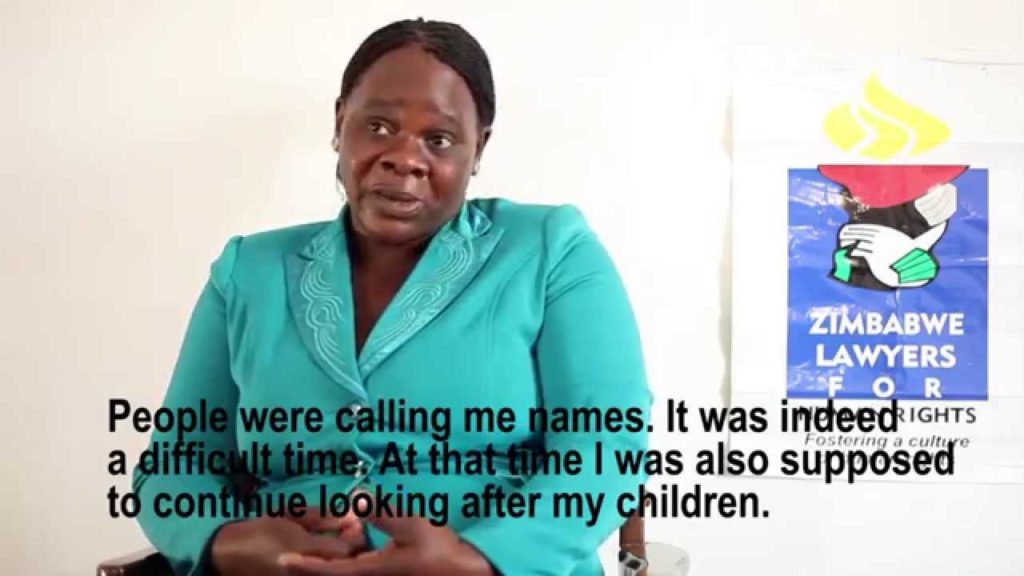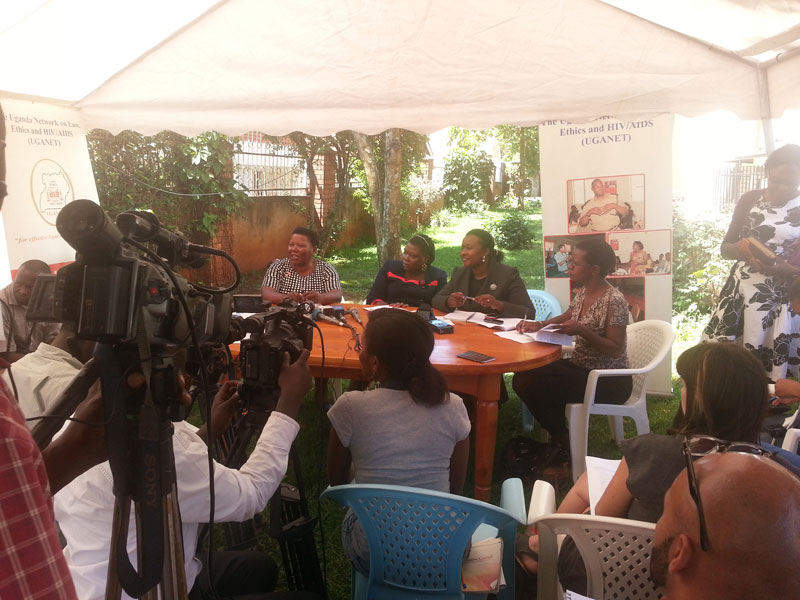
On Wednesday, eleven Malawi sex workers won a victory for women’s rights everywhere. The story takes place in Mwanza, a town on the southern border with Mozambique. In September and November 2009, police conducted sweeps and pulled in a number of women presumed to be sex workers. Many were held overnight at the Mwanza Police Station. In the morning, the women were taken to the Mwanza District Hospital were they were forced to undergo blood tests, without any informed consent. The medical staff took down the women’s names and recorded the test results, which they handed to the police. The women were then charged with spreading venereal disease, “in contravention of section 192 of the Penal Code.” During the courtroom hearing, the charges were laid out, as were the women’s medical conditions, including their HIV positive status. For a number of the women, the reading of their name in court and the announcement of their HIV positive status was the first time they became aware of their situation.
On March 10, 2011, eleven of the women filed an application in the Blantyre High Court. They challenged the mandatory HIV tests, the use of HIV test results as evidence in their criminal cases, and the public disclosure of their HIV status in open court. The women said that the police and the hospital, effectively the State, had violated their constitutional rights.
Arguments were heard February 25, 2014, and the decision was handed down on May 20, 2015. The women were represented by well-known human rights attorney Chrispine Sibande, with support from the Southern Africa Litigation Centre, or SALC, and the Open Society Initiative for Southern Africa. Justice Dorothy nyaKaunda Kamanga presided over the High Court case.
On Wednesday, Justice nyaKaunda Kamanga ruled that subjecting the women to forced HIV testing was unreasonable and a violation of their rights to privacy, equality, dignity and freedom from cruel, inhuman and degrading treatment. Justice nyaKaunda Kamanga noted, “The authorities took advantage of the women being in police custody to force them to undergo the tests,”
Chrispine Sibande explained, “This case could not come at a more critical time. The Malawi government is in the process of finalising the HIV and AIDS (Prevention and Management) Bill. Draft versions of the Bill have included provisions allowing mandatory HIV testing of various groups, including sex workers. It is internationally accepted that forced HIV testing is counter-productive and violates human rights. We hope the judgment will ensure that these provisions are finally removed from the Bill. The judgment is also progressive in that it considered equality between men and women in relation to HIV testing.” Sibande further saw the ruling as “a victory for sex workers who are usually abused every day.”
Anneke Meerkotter, of SALC, concurred, “The case shows that it is possible for vulnerable groups to hold the government accountable when their rights have been violated.”
The Mwanza Eleven join women like Samukelisiwe Mlilo in Zimbabwe, Milly Katana in Uganda, Peninah Mwangi in Kenya, and countless others across the continent, who have struggled against the notion that HIV is a criminal offense; that the `war on HIV’ means the women, on one hand, and even more sex workers, on the other, must relinquish their Constitutional, civil, and human rights in the service of some greater good. The struggle continues.
(Photo and Image Credit: SALCBloggers)

